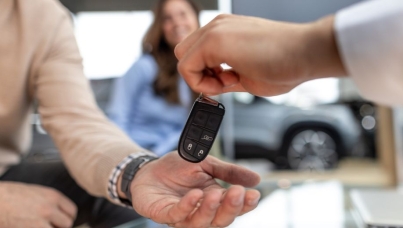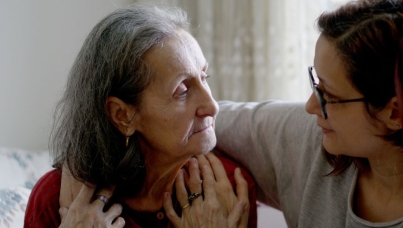We're Not Bored, Just Thinking
In every one of these ten general elections I've been in this country, the media's news editors have sent out reporters to find people to quote saying that "this is the most boring election ever".
In 1973, 60 per cent of the British public said they were interested in politics. In 1997 it was 59 percent, in 2001 59 per cent, and now 61 per cent. No change over a thirty year period. If the turnout is indeed 63 per cent, it will be the second lowest turnout since 1918, only just ahead of the 59 per cent in 2001.
Two thirds of the public said they were interested in news about the election in 2001, but just 30 per cent said that was an interesting campaign. That figure is up now to 33 per cent, consistent with a slightly higher turnout. After the 2001 election the media and politicians alike bewailed voter "apathy". It wasn't "apathy", it was disengagement, we found in our study for the Electoral Commission.
Reasons given for not voting (most who didn't vote said they had made up their mind not to vote before the campaign ever began) more had to do with the control freakery introduced to British elections by Labour's then spin doctor Peter Mandelson in the run up to the 1997 campaign. It worked then with the excitement of change and the belief that 18 years of Tory rule had run its course, that the Tories had to be given a rest and John Major replaced. Old and new Labour alike turned out, to turn out the Tories. Marginal voters in marginal constituencies voted tactically to support any party who would help defeat local Tory MPs.
Four years later, some five million fewer voted, some disenchanted because they had voted for Blair to return a Socialist government. They didn't get it, and were not about to vote a second time for Mr Blair. Others who voted tactically to get the Tories out didn't need to in 2001. Yet others stayed home to protest the over control of the campaign, the same men in grey suits regurgitating their party mantra like speaking clocks.
Now it is even worse. Where's Milburn these days? Darling? Straw? Clarke? Hoon? Hewitt, except to carry the can over Rover? Where's John Reid been until Friday, turned out to defend Tony Blair when health hit the headlines.
The Tories? They won't let their constitutional spokesman go on the Today Programme to speak on the constitution, or hardly let Tim Yeo talk about transport. Or Michael Ancram about Iraq? Who is the Tory defence spokesman, anyway?
Just Howard, Howard, Howard, and just a bit of Collins, Landsley and Liam Fox, mostly pushed aside along with Lord Saatchi, the party's co-chairman before Lynton Crosby took over.
It may be good for winning elections, but it's lousy for democracy.
There are two really big jumps in the detail of today's MORI poll results. The first, the 14 point jump since January in the percentage of people who say they can trust Charles Kennedy to tell the truth, now 61 per cent, ahead of even Gordon Brown's 52 per cent now, 50 per cent in January. Tony Blair has stayed the same, only 32 per cent trusting him in January, the same today. And Michael Howard has actually gone up, 28 per cent, below Blair, in January; 36 per cent now. Not good, but going in the right direction.
The other, an 11 point increase in those "strongly opposed" to Britain adopting the new European constitution, making the mountain for the prime Minister and Chancellor to climb even higher to win. Four times as many are now "strongly opposed" (36 per cent) as "strongly support" its adoption. The headline figures are now just 29 per cent in favour, while 63 per cent oppose, and the don't knows have shrunk to just 8 per cent. Leaving those aside, as mostly the don't know don't vote, this would suggest that if the referendum were held on Thursday, something like a two to one vote against it passing.



